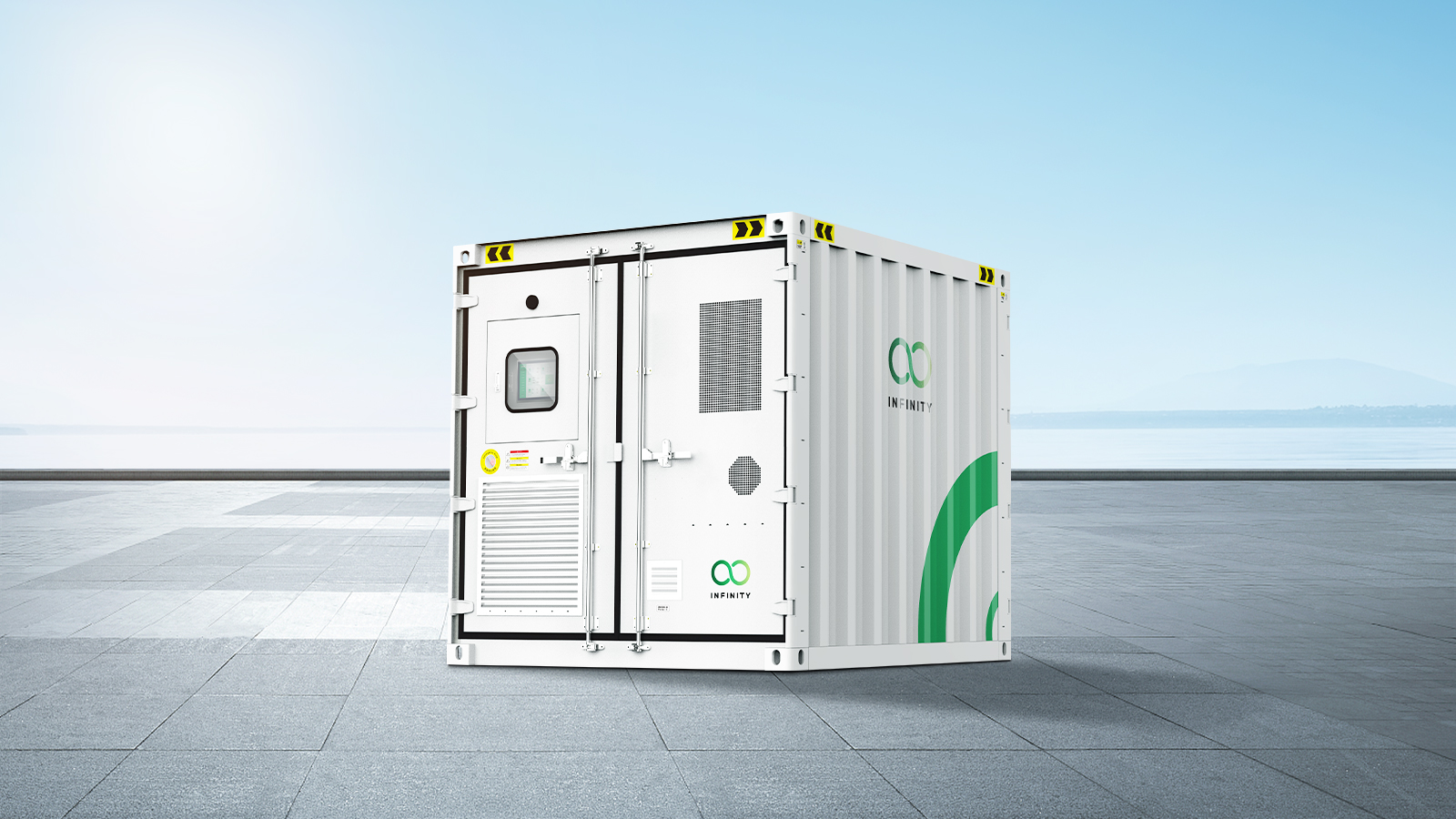As the construction industry works towards a more sustainable future, decarbonisation has become a top priority. The sector is a significant contributor to global greenhouse gas emissions, and reducing reliance on carbon-intensive energy sources is critical. Battery Energy Storage Systems (BESS) are emerging as a game-changing solution, providing construction sites with a clean, efficient, and sustainable energy source that supports decarbonisation efforts.
The Importance of Decarbonisation in Construction
The construction industry accounts for 37% nearly 2/5 of global CO₂ emissions, mainly due to the widespread use of diesel generators and fossil-fuel-powered equipment. To meet sustainability targets, construction companies must:
- Reduce reliance on carbon-intensive fuels such as diesel and petrol.
- Integrate renewable energy sources like solar and wind into daily operations.
- Adopt innovative low-carbon technologies that enhance efficiency while minimising emissions.

How BESS Drives Decarbonisation
Clean Energy Storage & Distribution
BESS stores energy from renewable sources, ensuring that construction sites can operate on clean power throughout the day, even when solar or wind generation fluctuates.
Eliminating Fossil Fuel Dependence
By replacing diesel generators with battery storage solutions, construction companies can drastically cut carbon emissions while also reducing noise pollution and improving air quality on-site.
Energy Optimisation for Maximum Efficiency
BESS enhances energy efficiency by storing excess power during periods of low demand and deploying it when energy needs peak, reducing overall waste and optimising electricity consumption.
Regulatory Compliance & Sustainability Goals
With increasing government regulations on carbon reduction, adopting BESS enables construction companies to stay compliant while aligning with global net-zero ambitions.

A Low-Carbon Future for Construction
Decarbonisation is no longer an option—it is a necessity. Battery Energy Storage Systems provide a scalable, reliable, and sustainable energy solution, allowing construction companies to significantly lower their carbon footprint while maintaining operational efficiency. As the industry transitions towards greener practices, BESS will play a pivotal role in shaping the future of low-carbon construction.



